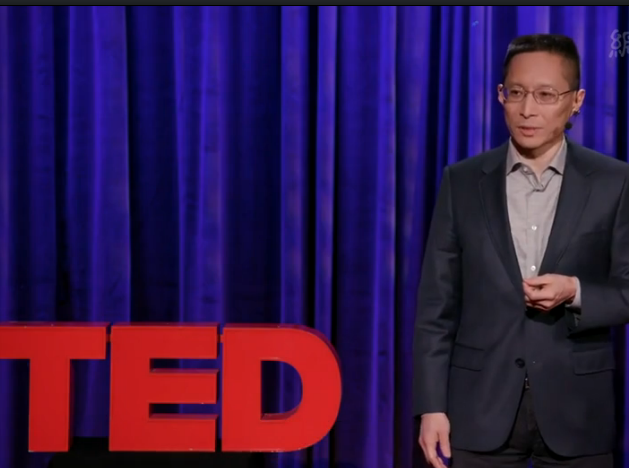From the Revolution to the Civil Rights Era, the United States had a vibrant, robustly participatory and raucous culture of voting.

And the Civil Rights Movement, which sought to redeem the promise of equal citizenship that had been betrayed by Jim Crow, put voting right at the center.











